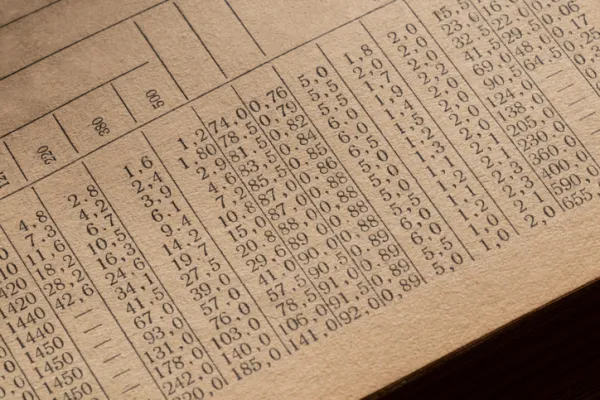There is nothing like the relief felt by a junkie as the heroin begins to flow into his or her veins. Participants in Europe’s debt and equity markets know the feeling.
Markets surged Monday after European Union Finance ministers agreed on a €500 billion ($640 billion) stabilization fund to prevent the sovereign debt woes of Greece and other countries from blowing up the euro. With the International Monetary Fund agreeing to chip in an additional €250 billion, Europe managed to get ahead of market expectations for the first time since the debt crisis erupted in January. Add on the separate €110 billion already agreed for Greece and the European bailout effort now makes Hank Paulson’s $700 billion TARP program look almost like chump change.
Europe has finally woken up to the scale of its crisis. Like any palliative, the European effort buys time but doesn’t solve the bloc’s underlying problems of excessive debt and sluggish growth. Greece will not default on May 19, when a big chunk of bonds need to be rolled over, but even on the more optimistic scenarios the country will see its economy shrink by nearly 10 percent in the next two years, its debt surge to 150 percent of GDP and unemployment skyrocket. Greece faces a generation of falling living standards unless it writes down its debt or exits from the euro zone, which is why an investor would be rash to exclude the latter scenarios.
The problems of countries like Portugal and Spain are less urgent, but the will to tackle them remains equally unconvincing. To tap the new EU stabilization fund, a country would have to first agree to an IMF reform program. Spain, not surprisingly, said Monday that it wouldn’t submit itself to IMF discipline but would instead try to solve its own problems by shaving an extra half a percentage point off its deficit this year – a deficit projected to hit nearly 10 percent of GDP. Spanish unemployment, meanwhile, just hit 20 percent.
Europe got into this mess because it let politics override economics, and extended the single currency to a wide group of countries without creating either a shared fiscal policy or strong enough rules against excessive borrowing. With the new stabilization fund, EU leaders are saying, in effect, we really mean it this time. We’ll pool our resources to stanch the crisis, and we’ll only extend money to capitals that agree to real budgetary reforms. Maybe so, but expect market skepticism to revive unless governments adopt tangible and painful policy measures in short order.
Meanwhile, the debt crisis has inflicted damage on the one EU institution with real credibility. The European Central Bank began buying government bonds on Monday, just four days after President Jean-Claude Trichet had appeared to reject the idea. The ECB is now doing in the European sovereign bond market what the Federal Reserve did in the U.S. market for mortgage-backed bonds, only it is doing so without a clear timetable, budget or strategy: does the ECB think Greek bonds should be trading at 800 basis points over German bonds, or 80? Trichet had no choice if he wanted to save the euro, but the central bank’s vaunted independence from political pressure has taken a blow.
Nearly three years into its crisis, the U.S. is still burdened with big debts and a fragile recovery. Today, Europe is only beginning to face up to its debt problems. Withdrawal promises to be painful.







